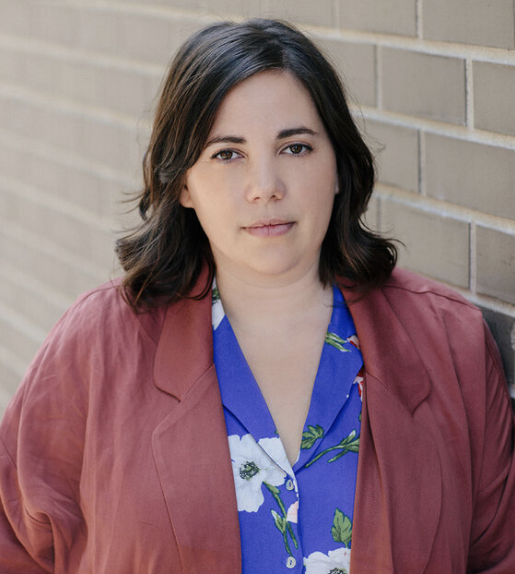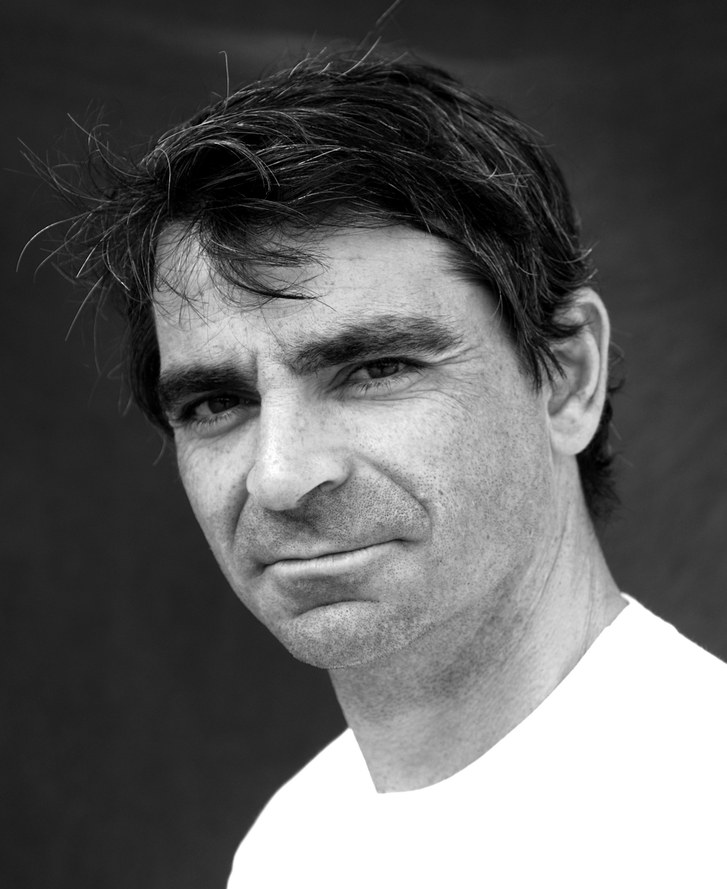JULIA PIKE interviews EMMA COPLEY EISENBERG

The Third Rainbow Girl is not an easy book to categorize; nor is it always an easy book to read, but it’s certainly worthy of the latter. The book tells the story of a crime committed in Pocahontas County West Virginia in 1980, which was known as the Rainbow Murders. Two women, Vicky Durian and Nancy Santomero, were found dead from gunshot wounds in a remote corner of the county. The girls, along with their friend, Elizabeth Johndrow, had hitchhiked toward Pocahontas County to attend the Rainbow Gathering, an annual, weeklong meeting that celebrates peace and harmony. Johndrow decided not to go at the last minute. Because of where the bodies were found, as well as narratives describing the men of the town as violent and unfriendly to outsiders, many suspected that the crimes had been committed by a local. Nine men from the county were embroiled in the case, and one, Jacob Beard, was eventually charged and imprisoned for the murder, despite the 1984 confession of serial killer Joseph Paul Franklin.
Years later, Emma Copley Eisenberg moved to Pocahontas County to work for AmeriCorps VISTA as a volunteer at a nonprofit designed to empower girls. She spent a year working with girls during the day and drinking and playing bluegrass with local men at night. “I felt ruined by my time in Pocahontas County—no place would ever be so good,” Eisenberg writes. But like every story told in the book, this one is not so simple. “I felt harmed,” Eisenberg writes, “and also that I had harmed others with my weakness and my silence and my actions, and I didn’t know how to make those two feelings stay together. Every time I grasped one of them, the other seemed to fade away.” It was at a writing group in Pocahontas County that Eisenberg first heard the story of the Rainbow Murders, and that her story and the story of the crimes first became intertwined. In The Third Rainbow Girl, Eisenberg unpacks the complex history of the region, and how this history affected the treatment of the crimes and the resulting communal trauma.
The Common’s former Wood Fellow Julia Pike spoke by phone with Eisenberg about memory, positionality, reading and writing about Appalachia, and how we love a place through writing.
TC: I’d love to start by talking about your short story “Forty-Four Thousand Pounds,” which was published in The Common’s Issue 15. The story has multiple parts—in one, the protagonist, Kendra, is in her father’s truck as he drives across the country, in another, years later, Kendra tells her friend/ girlfriend Carla that she’s leaving their hometown, and in yet another, furthest in the future, Kendra bikes around Philadelphia. I’m interested in the way the story handles time and memory, and curious about why you chose to tell it in this particular way.
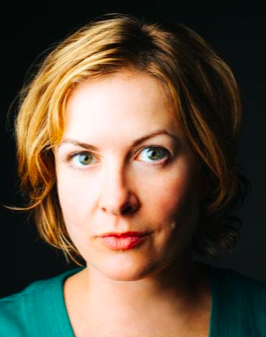

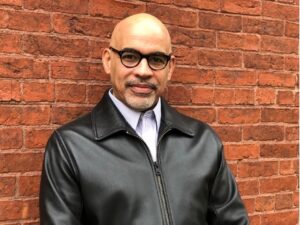
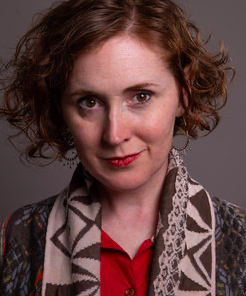
 This interview is the fourth in a new series, Writers on Writing, which focuses on craft and process. The series is part of The Common’s 10th anniversary celebration.
This interview is the fourth in a new series, Writers on Writing, which focuses on craft and process. The series is part of The Common’s 10th anniversary celebration.
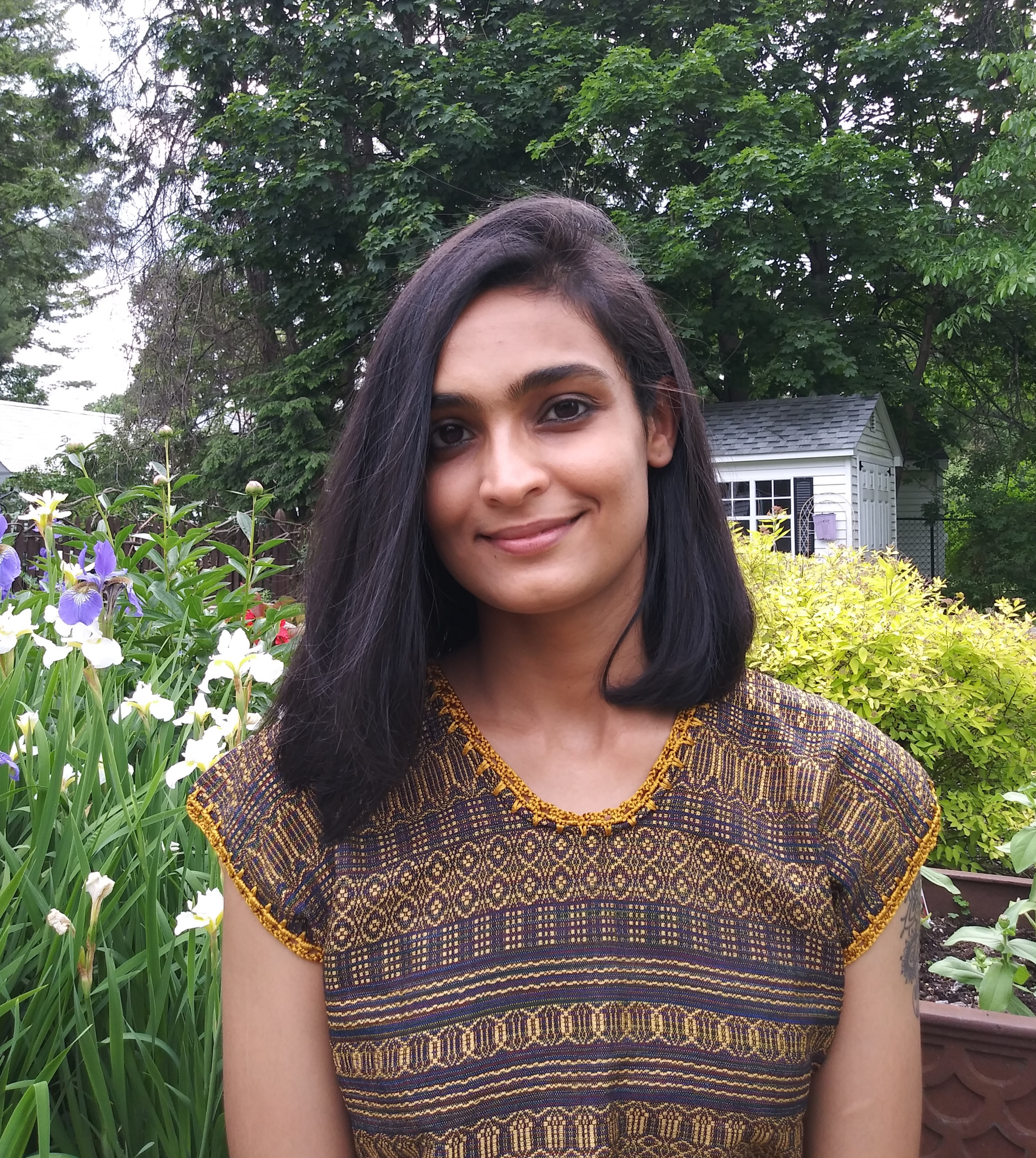
 This interview is the third in a new series, Writers on Writing, which focuses on craft and process. The series is part of The Common‘s 10th anniversary celebration.
This interview is the third in a new series, Writers on Writing, which focuses on craft and process. The series is part of The Common‘s 10th anniversary celebration. Kritika Pandey
Kritika Pandey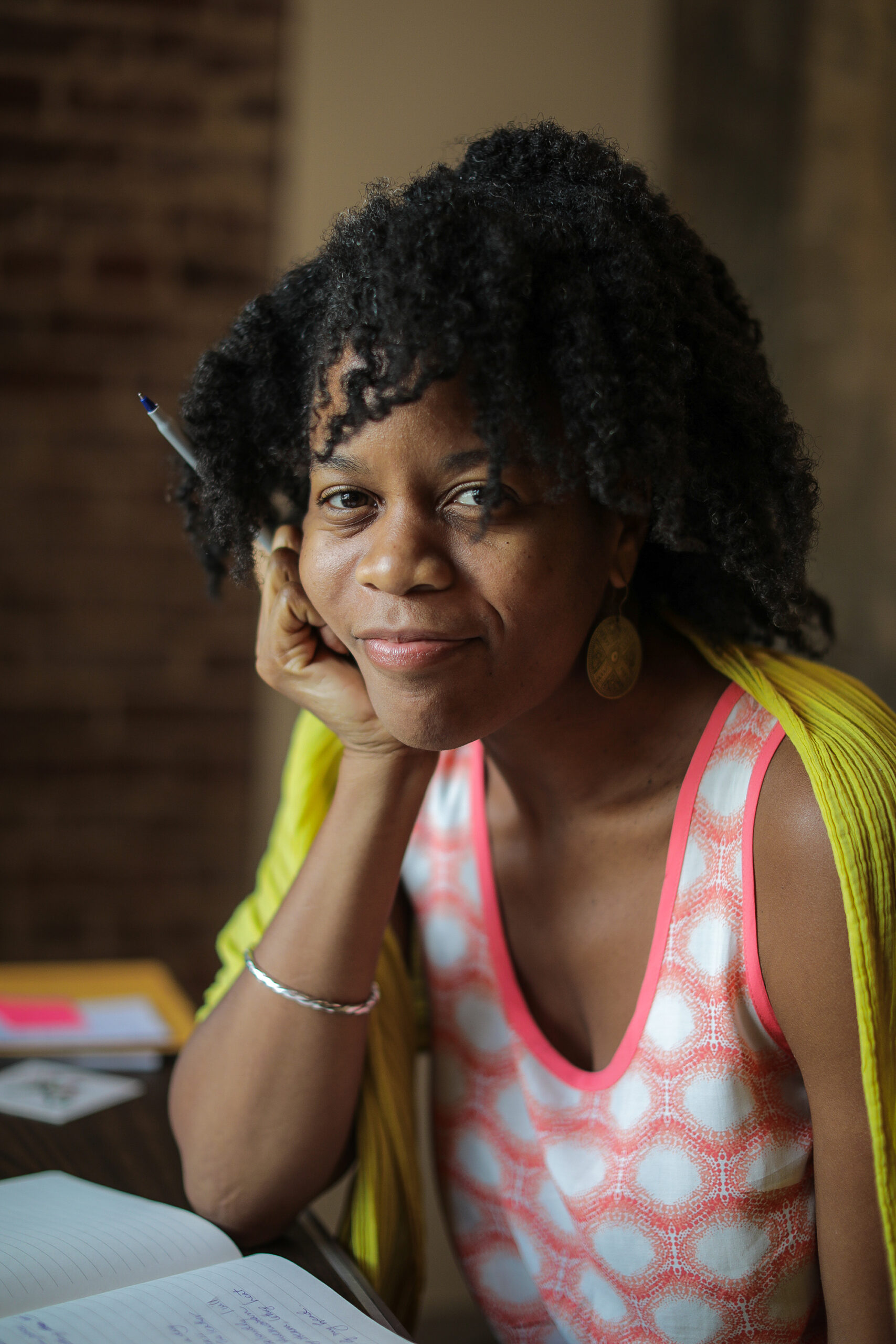
 This interview is the second in a new series, Writers on Writing, which focuses on craft and process. The series is part of The Common‘s 10th anniversary celebration.
This interview is the second in a new series, Writers on Writing, which focuses on craft and process. The series is part of The Common‘s 10th anniversary celebration. Ama Codjoe
Ama Codjoe


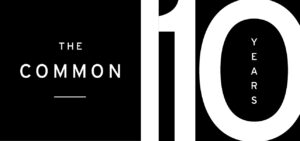 This interview is the first in a new series, Writers on Writing, which focuses on craft and process. The series is part of The Common‘s 10th anniversary celebration.
This interview is the first in a new series, Writers on Writing, which focuses on craft and process. The series is part of The Common‘s 10th anniversary celebration.


